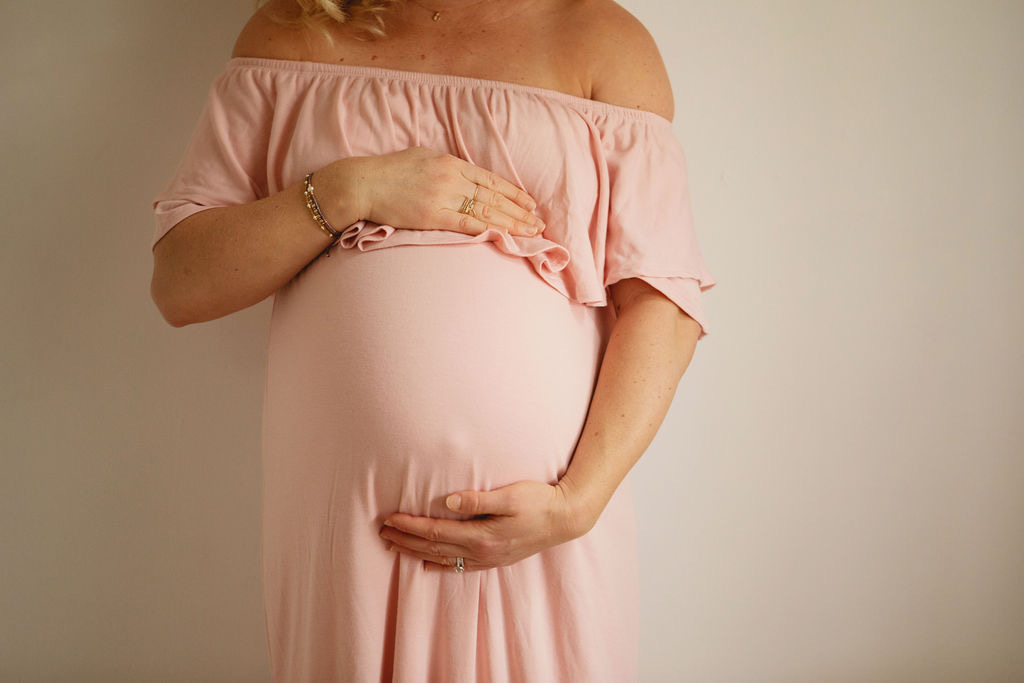Vitamin D—the sunshine vitamin. It’s as essential as it gets. Everybody needs it. Babies do, too! This very important nutrient is linked to everything from bone health to enhanced immunity. Vitamin D aids in calcium and phosphate absorption, keeps bones strong, helps balance hormones, and is critical for immune health. But vitamin D is especially critical during pregnancy. As a baby grows inside the womb, this vitamin plays a significant role in their bones, teeth, kidneys, heart, and more. Vitamin D impact on pregnancy: worth maintaining adequate levels? Experts agree, yes.

can i get enough vitamin d through diet?
Unfortunately, food—alone—doesn’t supply sufficient vitamin D. Few foods are naturally rich in vitamin D. However, two of the best sources are fatty fish flesh and fish liver oils. Sardines, wild-caught salmon, tuna, high-quality egg yolks, cheese, and beef liver have smaller amounts. Certain mushrooms also contain vitamin D. But if you stroll the grocery store, you’ll find that many packaged items are fortified with vitamin D. Like, dairy and cereals. Given that vitamin D is low in most foods, it’s best to supplement.

Vitamin D impact on pregnancy
When we synthesize vitamin D—pregnant or not—it’s used in a wide variety of processes. It impacts everything from our immunity to our mood, metabolism, hormones, and bone growth. But during fertility, vitamin D impact on pregnancy is heightened. This is no surprise. After all, vitamin D supports a baby’s brain development and long-term health. Furthermore, adequate levels of vitamin D mitigates risks associated with miscarriage, preterm labor and birth, as well as high blood pressure / hypertensive disorders.
how much vitamin d do I need during pregnancy?
Most experts agree: maintaining a vitamin D level of 30 ng/ml is sufficient. You can get your vitamin D levels checked at any point during pregnancy (or ideally, before). If your levels are above 30 ng/mL, supplement with 1,000-2,000 IU daily in the winter. This is a maintenance dose. If you’re deficient in vitamin D, talk to your healthcare provider about a supplement. It should be safe to take up to 5,000 IUs in pregnancy, but confirm with your doctor. After two months of daily supplementation, have your vitamin D levels checked again.

Cod liver oil during pregnancy
Cod liver oil is an excellent source of vitamin D. It also contains other fat-soluble vitamins and omega-3 fatty acids. Omega-3 fatty acids are key during pregnancy (and postpartum). In the past, there has been some debate on cod liver oil’s vitamin D content—particularly, during pregnancy. However, this concern stems from cod liver oil products that are supplemented with added vitamin A. Reason being? Many so-called cod liver oil products are not actually made from cod! Many brands use fish body oil as a less expensive source of oil. Then, they add vitamin A and D to mimic cod liver oil. Be weary of these. During pregnancy, this is my favorite high-quality cod liver oil supplement.
Risks of vitamin d deficiency during pregnancy
Vitamin D deficiency is known to be associated with an increased prevalence of preeclampsia. In a growing baby, it is also associated with smaller infant size and the development of common childhood diseases, such as asthma and type 1 diabetes. For all of these reasons, and more, keep your vitamin D levels in check! And yes, you can safely get vitamin D from the sun.
This article is for informational purposes only. It is not, nor is it intended to be, a substitute for professional medical advice, diagnosis, or treatment and we recommend that you always consult with your healthcare provider, particularly before starting a supplement protocol during postpartum.



Leave a Reply